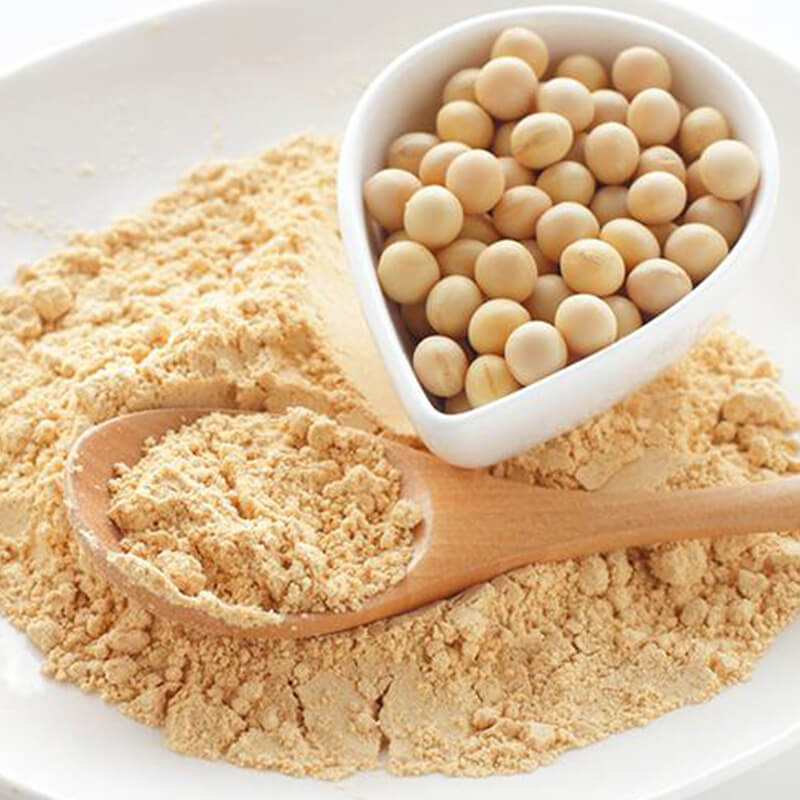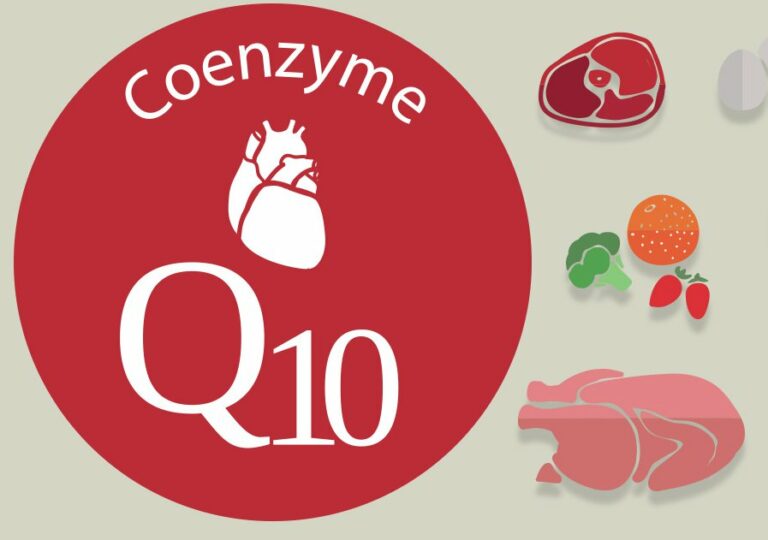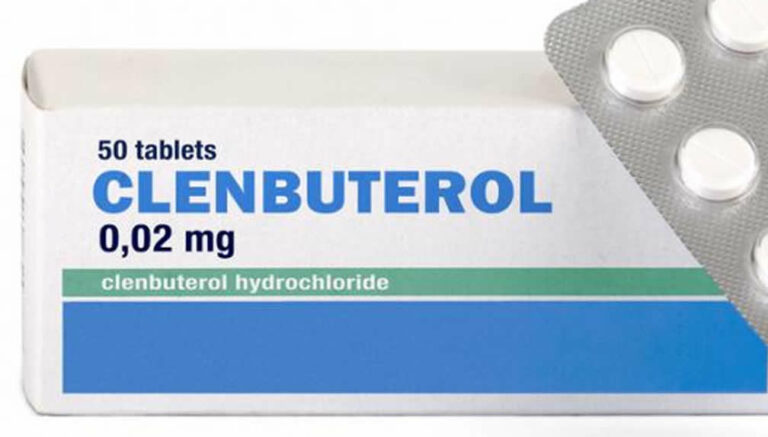Soy vs. Milk Protein – The Clash of Protein Giants – A Comprehensive Analysis of Strengths and Weaknesses
Introduction If you’re like many of us over 50 who…
Introduction
If you’re like many of us over 50 who love staying active and embracing a healthy lifestyle, you probably know that choosing the right protein is a big deal. Protein is our body’s building block, crucial for keeping our muscles strong, our bones healthy, and our energy levels high. And whether you’re a fan of plant-based options or you prefer the tried-and-true goodness of dairy, you might be wondering which protein – soy or milk – is the best fit for you.
In this blog, we’re going to explore everything you need to know about soy and milk proteins. As well as where they come from, what makes them special, and even weigh up a few pros and cons for each. Our goal is to help you feel confident in making the choice that best supports your health and wellness journey. Let’s dive into the world of protein.
Understanding the Role of Protein in Health and Fitness
Protein isn’t just a buzzword in the fitness world—it’s a vital nutrient that helps keep our bodies in tip-top shape. As we grow older, our muscles naturally start to lose a bit of their strength, so it becomes even more important to eat protein that supports muscle repair and growth.
For us over 50’s, protein is a trusty ally. It helps with everything from repairing muscles after a brisk walk or a light workout to keeping our immune systems ready to tackle whatever life throws our way. Whether you’re a regular gym-goer or someone who simply loves a leisurely stroll in the park, the quality of the protein you consume matters. In the sections ahead, we’ll take a closer look at soy and milk proteins, helping you decide which one might work best for your lifestyle and health needs.
An In-depth Look at Soy Protein
Origins & Processing
Soy protein has earned its place as a popular plant-based protein, derived from the humble soybean—a staple in many traditional diets for centuries. When you choose soy protein, you’re usually picking between two types: soy protein concentrates and soy protein isolate. The concentrate contains about 70% protein, while the isolate can pack up to 90% protein. This means you get plenty of the good stuff without too much extra fat or calories, making it a smart choice for those who are watching their diet.
Nutritional Profile
One of the best things about soy protein is that it’s a complete protein—it gives you all nine essential amino acids that our bodies can’t produce on their own. Along with these amino acids, soy protein comes loaded with vitamins and minerals like iron, calcium, and B vitamins, which are essential for keeping our energy levels up and our bodies running smoothly. Plus, soy contains isoflavones, natural compounds that may help support heart health and even play a role in reducing the risk of certain cancers.
Benefits
Soy protein is especially great if you’re following a vegetarian or vegan diet or if dairy just isn’t your thing. It’s gentle on the stomach (for most people) and can even help improve cholesterol levels by lowering the “bad” LDL cholesterol. And for those of us who are conscious of our environmental footprint, soy protein is often seen as a more sustainable choice compared to animal-based proteins.
Potential Drawbacks
Of course, no food is perfect. Some people worry about soy’s effect on hormones because of the isoflavones, which are sometimes called phytoestrogens. The research on this is mixed, and for most of us, a moderate amount of soy in the diet is perfectly fine. Additionally, soy is a common allergen, so if you have a known soy allergy, you’ll obviously need to steer clear.
The bottom line? Soy protein has a lot to offer, but as with any dietary choice, it’s all about balance and paying attention to what your body tells you.
An In-depth Look at Milk Protein
Types & Sources
Milk protein is a familiar friend in many households, coming from dairy products in two main forms: whey and casein. Whey protein is the quick-acting kind—it’s the star of post-workout recovery, digesting quickly to help your muscles bounce back. On the other hand, casein is the slow and steady type, providing a gradual release of amino acids over several hours. This makes casein a great option if you want to keep your muscles nourished while you sleep.
Nutritional Profile
Milk protein is highly regarded for its complete set of amino acids, meaning it supports everything from muscle repair to growth. It’s also a rich source of calcium, which is key for keeping our bones strong—a very important benefit as we age. Additionally, milk proteins have bioactive compounds that can support your immune system and help reduce inflammation, giving your overall health a little extra boost.
Benefits
If you’re focused on muscle recovery and building lean muscle, milk protein, especially whey, is often celebrated for its quick absorption and efficiency. Many studies back up its role in muscle repair and recovery, which is why so many of us reach for a whey protein shake after a good workout. Plus, with both whey and casein available, you can tailor your protein intake to fit different parts of your day—quick recovery after exercise or a steady release during a long night’s sleep.
Potential Drawbacks
However, milk protein isn’t without its concerns. Some people experience lactose intolerance, where the natural sugars in milk can cause a bit of digestive discomfort. Even if you’re not lactose intolerant, you might sometimes find that large amounts of dairy can be a bit heavy on your tummy. And, of course, if ethical or environmental issues are important to you, it’s worth considering how dairy is sourced. Some farms are committed to sustainable and humane practices, so a bit of research can go a long way in ensuring your choices align with your values.
Comparative Analysis: Soy vs Milk Protein
Now that we’ve gotten to know soy and milk proteins individually, let’s see how they stack up against each other.
Nutritional Comparison
Both soy and milk proteins offer a complete range of essential amino acids, which is fantastic news for anyone looking to keep their muscles in shape. However, there are a few differences. Milk protein, particularly whey, tends to be absorbed a bit more efficiently by the body. This can be a big plus if you’re looking for a quick recovery after exercise. Soy, while still complete, may have slightly lower bioavailability for some of its nutrients.
Milk protein also brings along extra calcium and sometimes even vitamin D (if fortified), which are super helpful for maintaining strong bones. Soy, on the other hand, offers those extra heart-friendly isoflavones that might help with cholesterol and overall cardiovascular health.
Health Implications
When it comes to overall health, both proteins have their special perks. Soy protein’s ability to help lower LDL cholesterol can be a real boon for your heart, especially important as we get older. Milk protein, with its robust support for muscle repair and growth, is a favourite among many who want to keep their muscles strong and their metabolism humming along nicely.
Some worry about soy’s phytoestrogens, but for most people, a moderate intake isn’t a cause for concern. If you have specific hormone-related concerns, you might lean towards milk protein, which doesn’t carry the same worries.
Environmental and Ethical Considerations
These days, many of us are not only thinking about our own health but also about the health of our planet. Soy protein, being plant-based, generally leaves a smaller environmental footprint than dairy. If sustainability or animal welfare are high on your list of priorities, soy might feel like the right choice. That said, if you prefer dairy, look for brands that practice ethical farming and are committed to sustainability—it’s possible to enjoy milk protein with a clear conscience.
Cost and Accessibility
Another practical point to consider is cost. Soy protein is often competitively priced and available in a variety of forms—from shakes to bars. Milk protein products, especially high-quality whey or casein, might be a little pricier, but many find that the benefits justify the extra cost. Both are widely available, so it really comes down to your personal budget and what’s most convenient for you.
Real-World Applications
Think about your own routine: perhaps you’ve noticed that after a brisk walk or light exercise, a milk protein shake helps your muscles recover quickly. Or maybe you’ve tried a soy-based smoothie and loved how gentle it felt on your stomach. Many of us mix and match based on our daily needs and preferences. Some days, a speedy whey protein shake is perfect, while on other days, a plant-based soy option feels just right. The key is to listen to your body and enjoy the variety that both options can bring to your table.
Practical Considerations and Recommendations
Choosing the Right Protein for Your Lifestyle
Deciding between soy and milk protein really comes down to your unique tastes, dietary needs, and even ethical priorities. If you’re lactose intolerant or lean towards a plant-based diet, soy protein might be your best friend. It offers a complete protein package and some extra heart-health benefits. If you’re all about that quick muscle recovery and love the taste of dairy, milk protein—especially whey—could be your go-to option.
Usage Tips and Incorporation Strategies
Incorporating protein into your daily routine can be both fun and simple. Picture a morning smoothie blended with your favourite fruits and a scoop of protein powder to kick-start your day. After a workout, a refreshing milk protein shake might be just what you need to help your muscles recover. And if you enjoy cooking, try adding soy protein to soups, stews, or even your morning oatmeal for an extra boost.
Insights
It’s worth remembering that variety is the spice of life. Many nutrition experts suggest mixing up your protein sources to get the best of both worlds. Experiment with both soy and milk protein to see what works best for you. Pay attention to how your body reacts, and don’t be afraid to switch things up depending on your activity level and how you’re feeling. Ultimately, the best protein for you is the one that helps you feel energetic, strong, and ready to take on the day.
Conclusion
Choosing between soy and milk protein isn’t about declaring one a winner over the other—it’s about finding the right balance that fits your lifestyle. Both proteins bring valuable benefits to the table. Soy protein is a great choice for those who are looking for a plant-based option with heart-healthy benefits and a smaller environmental footprint. Meanwhile, milk protein, with its excellent support for muscle recovery and extra calcium, remains a favourite for many who want to stay strong and healthy.
As we age, making thoughtful choices about what we eat can have a big impact on our overall well-being. By understanding the unique qualities of both soy and milk protein, you’re well-equipped to tailor your diet to your personal needs—whether that means sticking with one, enjoying both, or alternating depending on your day.
So next time you’re shopping for protein or whipping up a post-workout snack, remember that your choice should reflect your body’s needs, your personal tastes, and your lifestyle values.
Disclaimer: This blog post is crafted for informational purposes and isn’t an endorsement of any supplements. Consultation with professionals is vital when making health or athletic decisions.







